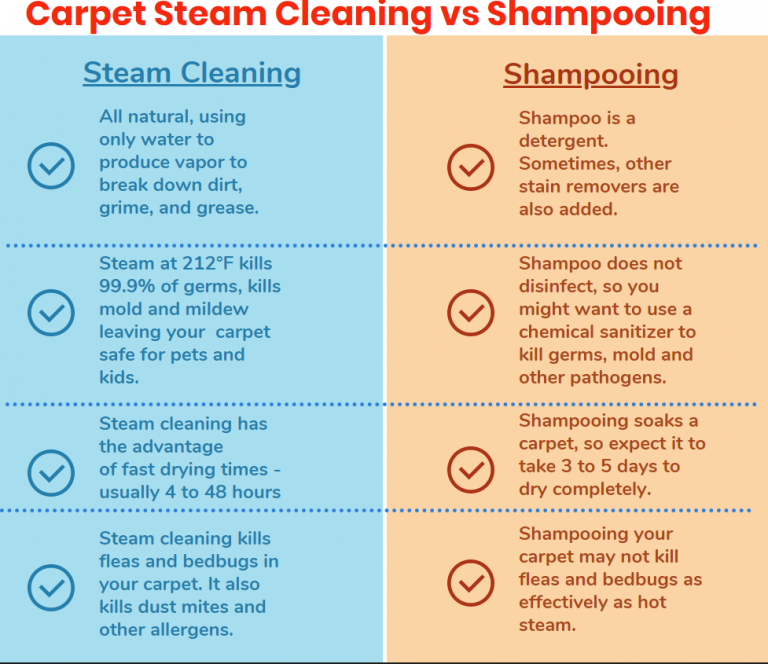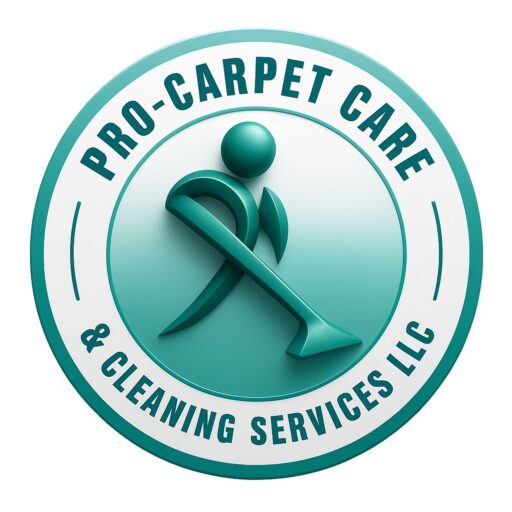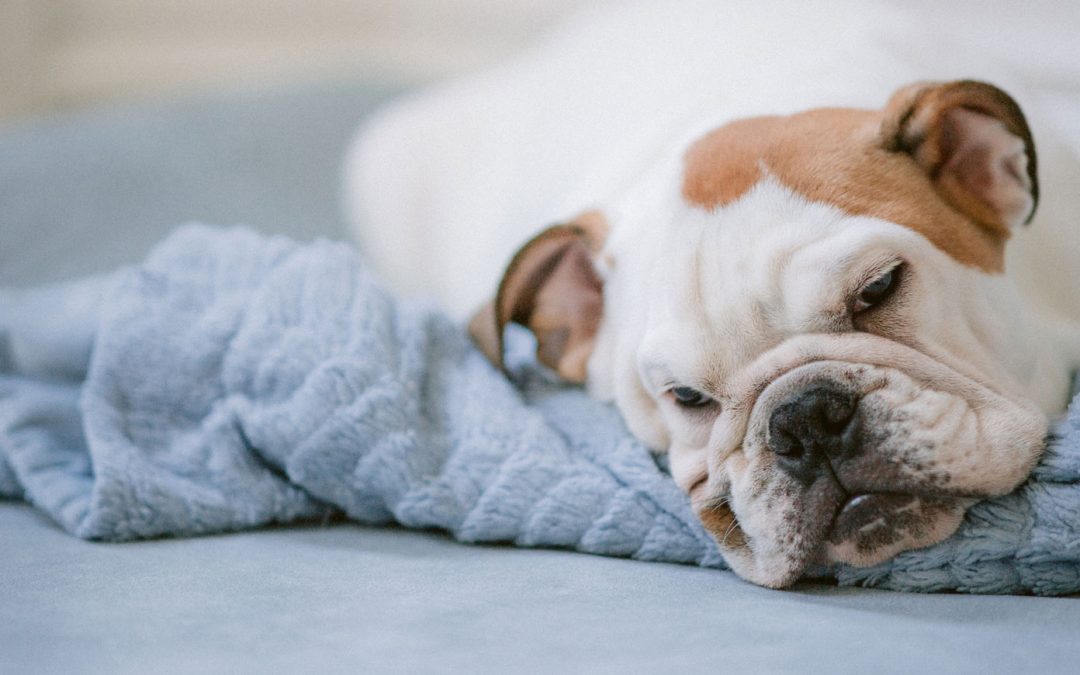Why is pet urine so hard to clean up?
Pet urine knowledge
Dog and cat urine consists of water, enzymes, urea, uric acid, cholesterol and some trace minerals. Uric acid and urea are not water soluble, so will bond to any surface they come in contact with. That’s where the problem lies. When they decompose, or break down from bacteria, you’ll smell an ammonia smell.
As the urine decomposes further, thiols release, making the smell worse. Thiols are organic compounds with sulfur as the dominant component. Interestingly, thiols are the principal component in skunk spray, which gives it that really pungent smell that’s so hard to get rid of.
The best remedy for pet stains is a combination of pet urine, odor eliminators, and stain removers that contain enzymes.
Enzymatic cleaners are bio-based cleaners that work at the molecular level to eliminate odor and stains. They are proteins that break up the ammonia and carbon dioxide in the urea, which evaporate quickly.
Once those dissolve, the proteins work on the thiols or uric acids that remain. The enzymatic cleaners don’t work immediately, but will work over time. They may require additional applications to completely eliminate the odors.
Urine Stains can be hard too, because of the uric acid. The acids can bleach the color out of upholstery, hardwood floors, dog beds, and carpeting. So while you don’t smell the odor, the stain is still there. It’s frustrating, but the main reason getting to that accident fast is so important.
Disclaimer: if you don’t have any knowledge of carpet cleaning call a professional.
Steam Carpet Cleaning
Upholstery Steam Cleaning
Wood Floor Deep Cleaning
Tiles & Grout Cleaning
What to look for in dog and cat urine removers
- The cleaner should work on multiple porous and hard surfaces. You don’t want a cabinet full of cleaners for carpets, hardwood, tile, grout, or furniture. A good product will work on all.
- Non-toxic to children and pets. Some will even have ingredients to deter your pet from returning to the area and sanitize the area.
- Spray or concentrate? Concentrations work well for larger areas, while ready-to-spray bottles can clean up minor accidents quickly. Which product you need depends on the areas you will need to clean.
Why is My Dog Peeing in the House
There can be several reasons as to why your dog has taken up peeing inside your home. However, oftentimes getting to the actual root cause of these accidents is easier said than done. From a change in their home dynamic, to a change in their environment, or even a potential medical issue that is taking your dog by storm – there are several factors to consider when your dog starts peeing in the house. The 7 reasons why your dog is probably having urine accidents in the home is caused by the following:
1.) Changes within the Home
For dogs their family is everything, and when there is a disruption in the family such as a kid moving away, a new addition to the family, or even a death this can trigger the animal to start ‘acting out’. A dog will go through distress during this period which can cause them to begin having accidents throughout the home. If you recognize that this is the reason your dog is having urine accidents, be sure to stay on-top of taking them out to the bathroom, even more regularly than you are used to taking them.
2.) Home Renovations / New House
Has your home undergone a huge renovation project or even a new move has occurred? These can both impact a dog and their increase in urine accidents. When you are remodeling a home, it can be very stressful for your dog, who is watching multiple people entering and exiting the home multiple times a day to work on this project. Also, if you have moved into a new house where the smells are in overdrive for your pet, such as new carpeting can lead them to mark their ‘new territory’. Ultimately, if your dog begins to experience severe stress from these situations it will lead to house training problems, i.e. accidents.
3.) Change in Daily Routine
Dogs are creatures of habit, and any deviation from their daily routine can lead to a disruption within the animal that can lead to issues such as accidents. If your dog is used to being taken outside to go potty at a certain time and they are not taken at this time they may relieve themselves inside your home. When you need to make an adjustment to your dog’s regular routine, be sure to do it very slowly to allow the dog time to adjust to this new routine.
4.) Behavioral: Stress or Excitement
Have you ever experienced the excited pee that your dog may secrete when he gets super-duper excited? Some dogs will leak small amounts of urine when overly excited, fearful, or stressed – this is called submissive urination. Although this is mostly common in younger dogs and puppies, some adult dogs will also struggle with these unintentional urine accidents.
5.) Incontinences Condition
Urinary incontinence occurs when a house-trained dog loses control of his/her bladder. This condition usually occurs in spayed, middle-aged or senior female dogs who are undergoing a lack of estrogen in their body. Estrogen is there to help maintain muscle tone of the urethral sphincter, which will lead to a leaky bladder.
6.) Old Age
When a dog gets into the older stages of its life, certain age-related diseases can cause your dog to lose control of their bladder or leave them disoriented and unaware of the fact that they are having an accident inside the home. Many older dogs will experience kidney disease, cognitive dysfunction syndrome and/or other conditions that will affect their control over their bladder.
7.) Health Problems / Medication Side Effects
Infections, tumors, spinal injuries, kidney disease, and other health problems can lead to bladder issues for your dog. Diseases that cause increased drinking, such as diabetes can lead to an increase in urination and accidents. When your dog is struggling with certain health issues, sometimes your vet will prescribe different medications to help with these ailments. However, some drugs can cause the dog to relieve himself more often and trigger house-training accidents. Therefore, be sure to read and ask your dog’s vet about the side effects before you give it to your dog.
Floor Cleaning Topics:
- Steam Carpet Cleaning -Summit NJ
- How to dry carpet after cleaning
- How to get rid of odor in carpets
- Basement water damage -steam carpet cleaning
- Lear how to clean wood floor
- How often should I clean my carpet?
- Best Homemade carpet cleaner
Looking for a Specialist Floor Cleaning Company near you?
Is it better Shampoo or steam cleaning?
Steam cleaning stands out as a supremely effective method, owing to its advanced technology and integrated machinery. Moreover, the infusion of hot water and cleansing agents ensures a swift and thorough penetration into upholstery, surpassing the efficacy of traditional shampooing techniques.



